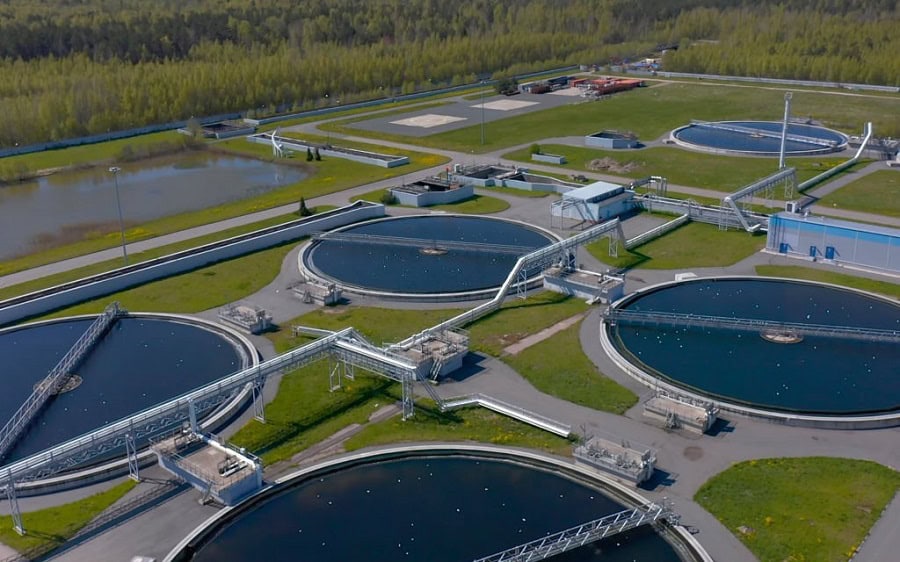Why is sewage treatment important for environmental conservation?
In a world where environmental concerns take centre stage, the role of sewage treatment in safeguarding our ecosystems cannot be overstated. This article delves into the key significance of sewage treatment and how it contributes to environmental conservation.
The Essence of Sewage Treatment
Sewage treatment is a linchpin in preserving our environment by efficiently managing and purifying wastewater. This process plays a critical role in mitigating the unfavourable impacts of human movements on the planet.
Purifying Our Waterways
One of the prior purposes of sewage treatment is to cleanse wastewater before it finds its way back into natural water bodies. Through advanced filtration and purification methods, contaminants and pollutants are removed, preventing the degradation of aquatic ecosystems.
Protecting Aquatic Life
Treatment plants protect aquatic life by eliminating harmful substances from sewage. Clean water supports the health and sustainability of diverse species, ensuring a balanced and thriving ecosystem.
Curbing Soil Contamination
Sewage treatment addresses water pollution and plays a pivotal role in preventing soil contamination. When used for irrigation and agricultural purposes, treated wastewater fosters soil fertility without introducing harmful pollutants.
Mitigating Airborne Risks
Treating sewage goes beyond water and soil conservation and helps curb airborne risks. Harmful gases and odours associated with untreated sewage can be effectively minimized, creating a healthier atmosphere for humans and wildlife.
Sustainable Resource Management
An often overlooked aspect of sewage treatment is its contribution to sustainable resource management. Treated wastewater can be repurposed for non-potable uses, such as industrial processes and landscape irrigation, reducing the strain on freshwater resources.
The Economic Impact
Beyond its environmental benefits, sewage treatment positively influences the economy. By safeguarding natural resources, this process indirectly supports industries reliant on clean water and contributes to the overall well-being of communities.
Supporting Sustainable Practices
Industries that embrace sustainable practices and utilize treated wastewater are committed to environmental stewardship. This enhances their public image and aligns with the global movement towards eco-friendly initiatives.
In conclusion, sewage treatment emerges as a cornerstone in environmental conservation. From preserving water quality and safeguarding ecosystems to supporting sustainable practices, its multifaceted impact underscores the need for continued advancements in wastewater management. As we navigate the challenges of a rapidly changing world, recognizing the vital role of sewage treatment is paramount in fostering a sustainable and harmonious coexistence between humanity and nature.





